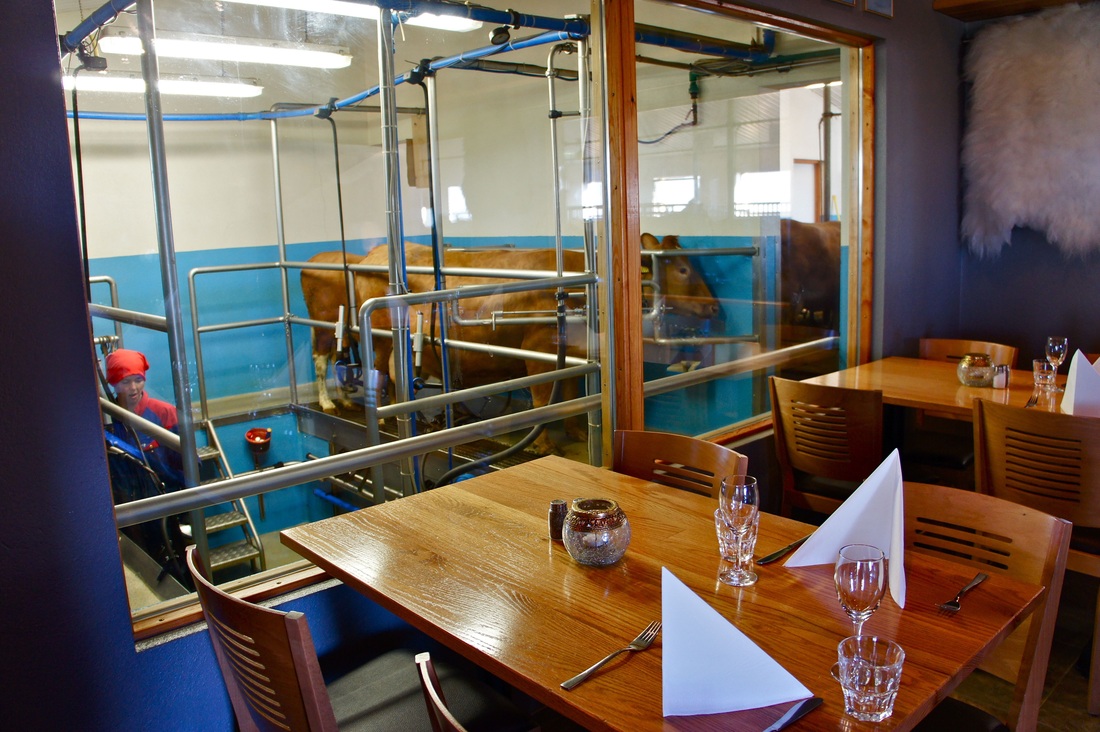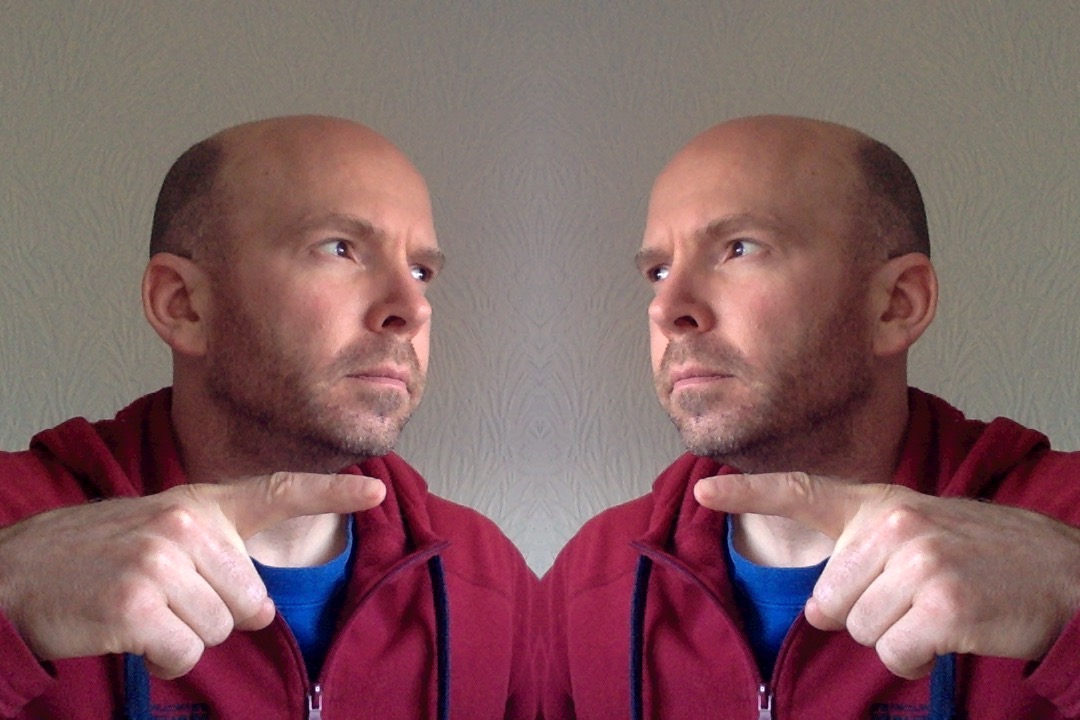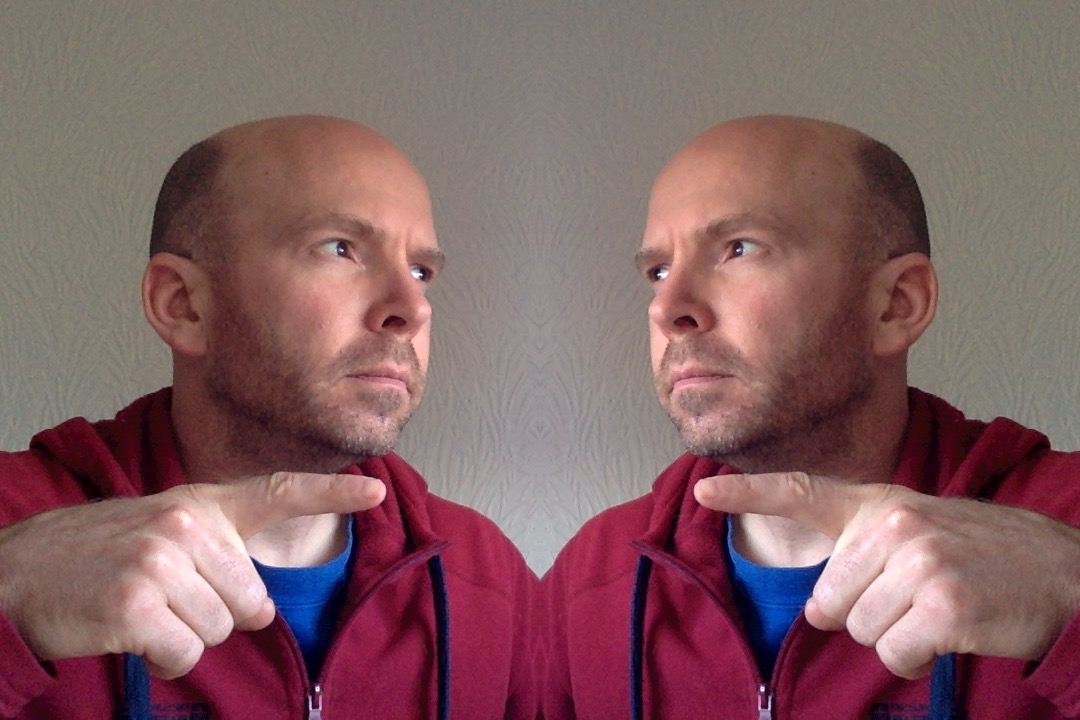-------------------------------------------------------------
After forty years of vegetarianism, Max Berger was about to sit down to a feast of pork sausages, crispy bacon, and pan-fried chicken breast. Max had always missed the taste of meat, but his principles were stronger than his culinary cravings. But now he was able to eat meat with a clear conscience.
The sausages and bacon had come from a pig called Priscilla he had met the week before. The pig had been genetically engineered to be able to speak and, more importantly, to want to be eaten. Ending up on a human's table was Priscilla's lifetime ambition and she woke up on the day of her slaughter with a keen sense of anticipation. She had told all this to Max just before rushing off to the comfortable and humane slaughterhouse. Having heard her story, Max thought it would be disrespectful not to eat her.
The chicken had come from a genetically modified bird which had been 'decerebrated'. In other words, it lived the life of a vegetable, with no awareness of self, environment, pain, or pleasure. Killing it was therefore no more barbarous than uprooting a carrot.
Yet as the plate was placed before him, Max felt a twinge of nausea. Was this just a reflex reaction, caused by a lifetime of vegetarianism? Or was it the physical sign of a justifiable psychic distress? Collecting himself, he picked up his knife and fork...
Baggini, J., The Pig That Wants To Be Eaten, 2005, p. 13.
------------------------------------------------------------
If you're a vegetarian, would you eat these meats? Or if you already do eat meat, would this hypothetical situation be weird for you? What does this thought experiment make you think about the current meat industry?










